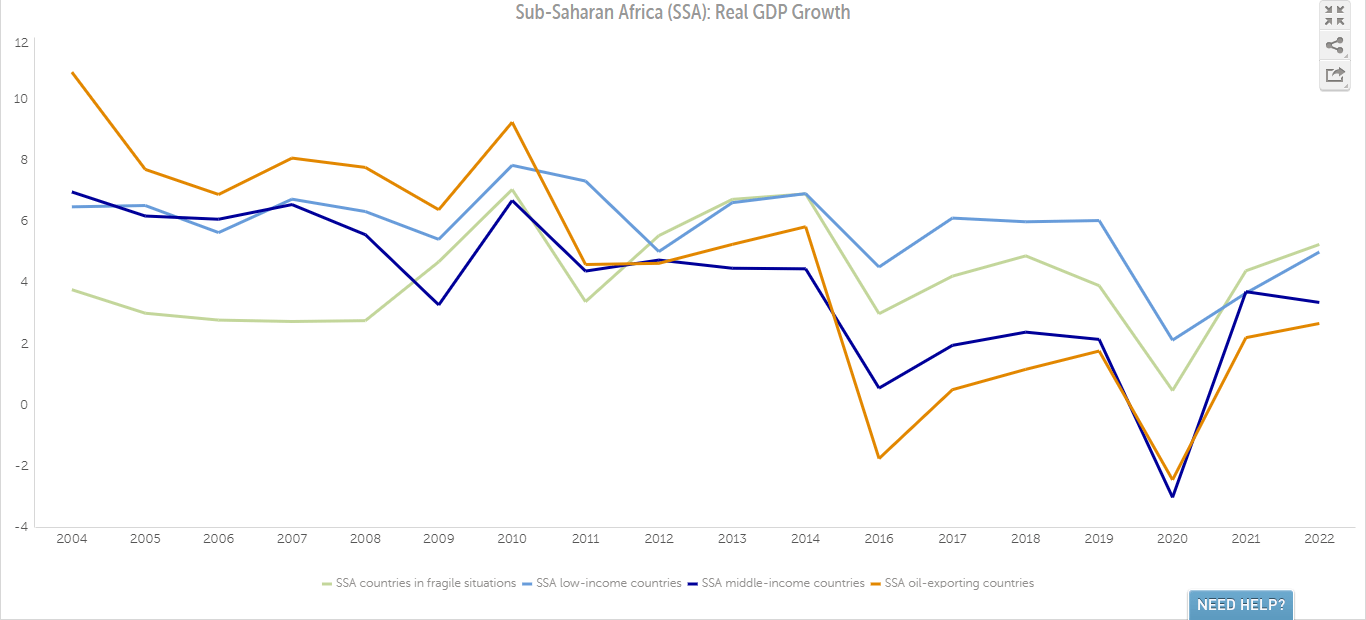The taxation of illegal proceeds
Share

Amatter which has spawned much debate in several countries is the question of whether to subject the proceeds of illegal activity to income tax. Illegal activities mean any activities not permitted by law such as those related to drug dealing, insider trading, misappropriation, prostitution or unlicensed gambling. The problem is fundamentally one of policy.
There is no specific provision in our income tax act dealing with the taxation of illegal proceeds. The general gross income provision of the act considers gross income advantage in money or money’s worth from earned income like salary and allowances and from unearned income like rent, as well as income received from any business.
This latter inclusion may guide the decision to include illegal proceeds in the taxable income of a taxpayer where the elements of a business are present. “Business”, in terms of the act, is defined to include any trade, profession, occupation or any other income earning activity carried on with a view to profit. The act is not concerned with the legality or illegality of a transaction, but rather with whether the transaction complies with the requirements for it to be taxed or not.
The act requires that all income, other than exempt income, derived by a person or entity, be subject to income tax. Whereas all expenditure incurred in the production of income is allowed as a deduction from gross income to calculate the taxable income, the question is asked as to whether a taxpayer with illegal income should be entitled to a deduction of any expenditure incurred by him in the production of ill-gotten income. The act again is not concerned with the legality or illegality of expenditure connected with a transaction. It appears that the tax authority would normally consider illegal proceeds to have been received for the purpose of gross income. Complications may arise in determining whether the proceeds are of a capital nature and therefore they are not taxable in the absence of capital gains tax. For example, proceeds of burglary fail, in terms of the act, to be taxed because burglary does not render ill-gotten gains, a trade or business to be taxed.
“It does not satisfy one’s sense of justice to tax persons in legitimate enterprises and to allow those who thrive by violation of the law to escape.”
Our system of income tax is based on the self assessment method, which means that the tax liability is not calculated by the tax authority but by the taxpayer himself. The amount declared in the return is to be checked by the tax authority which means that the authority assesses the correctness of the type and calculated amount of income declared. Whereas illegal proceeds can be identified and tracked through accumulation of wealth, the expenditure incurred to produce the proceeds may create an obstacle to prove. The expenses require supporting evidence which may not be available or acceptable to the tax authority.
But if you’re deriving illegal income, you’re probably asking yourself why would you disclose it to the tax authority, as it could report your activities to the police? The tax authority cannot do this in terms of the tax act. The tax authority has to keep this information secret and can only disclose it in limited circumstances. There is a degree of unreality in a statutory expectation that drug dealers, for example, will file returns of their income.
The purpose of the income tax act is to tax taxable income, not punish wrongdoing. Punishment of those who engage in unlawful activities is imposed by the criminal law, not by the laws in relation to income tax.
It does not satisfy one’s sense of justice to tax persons in legitimate enterprises and to allow those who thrive by violation of the law to escape. In other words, it is absurd to suppose that honest gains are charged to tax and dishonest gains escape. Therefore, taxing illegal gains provides equality to the tax system.
A question not yet addressed is whether a taxpayer taxed for illegal gains can claim a tax refund if he finds that he has been unfairly taxed. Again, there is no distinction between legality and illegality, and I feel that the taxpayer can obtain his refund if he proves his case with supporting evidence and use the proper channel.
The taxation of illegal proceeds does not overlap with money laundering. Money laundering is an after event and may be defined as cleansing of dirty money obtained from legitimate or illegitimate activities with the objective of hiding its source and rendering it in legally usable form. It is an act or attempted act to conceal or disguise the identity of illegally obtained proceeds so that they appear to have originated from legitimate sources. Laundered money is subject to seizure rather than taxation.
As a note, Al Capone, the world’s best known gangster, netted huge profits from illegal liquor trade, was found guilty of tax evasion and was sentenced to jail.
Less drastic, India tax officials have found a novel way of recovering taxes. In Bangalore, India’s IT hub, they have sent a group of drummers to the homes and offices of tax evaders with the sole intention of humiliating them. The drummers stand in the street, beat their drums and chant slogans stating how much the defaulters owe and they have clearly hit a few targets.

















